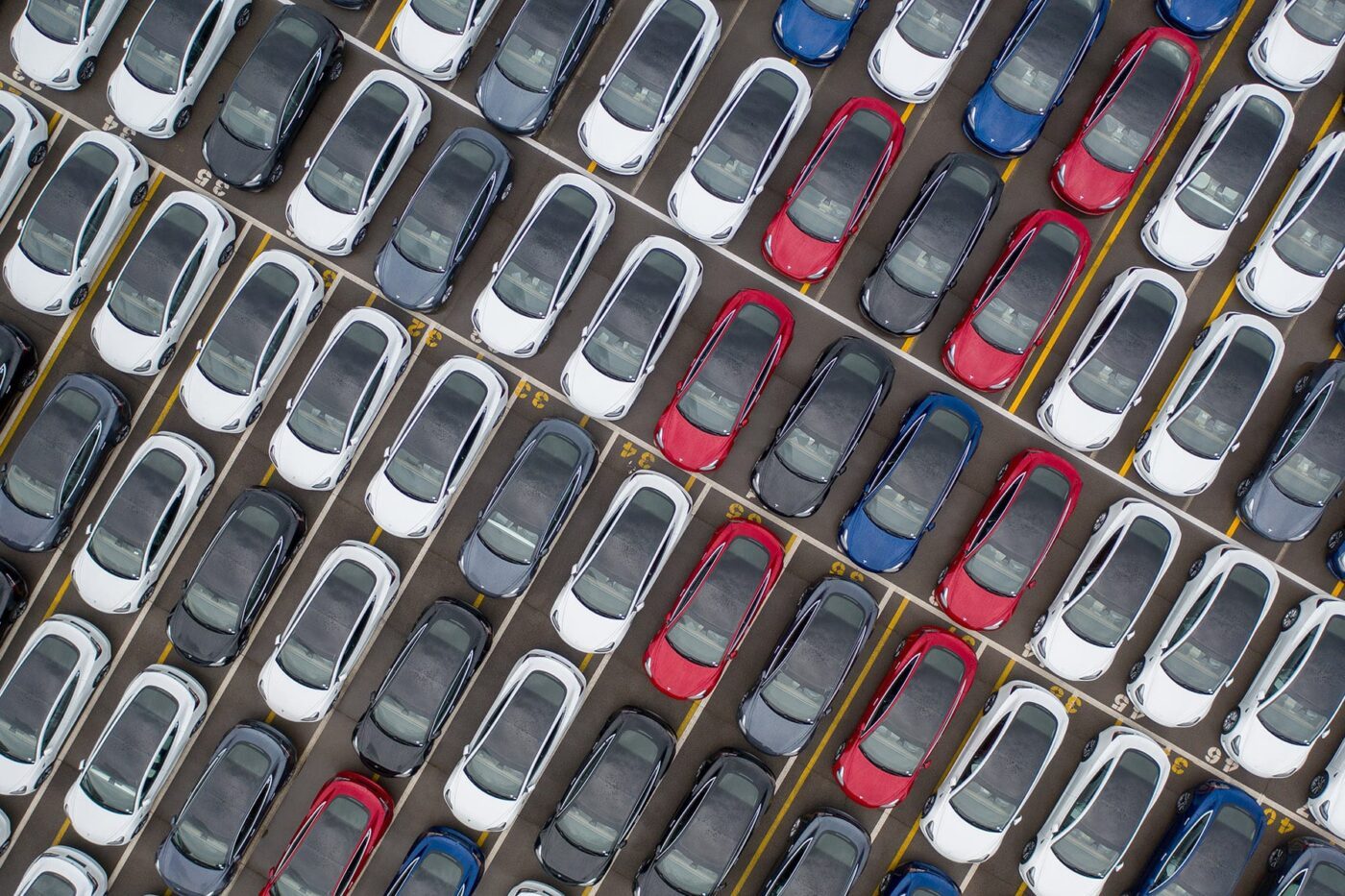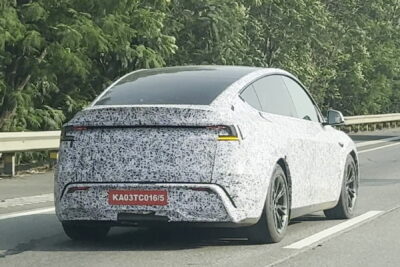SAP to drop Tesla as company car supplier
With the Model Y, Tesla has the world’s best-selling car of 2023 in its range. However, the software group SAP, based in Walldorf near Mannheim, is removing Tesla from its list of company car suppliers. This was reported by the German publication Handelsblatt, citing Steffen Krautwasser, SAP’s global head of fleet. SAP already has many electric cars in its fleet today. From 2025, however, Krautwasser and his team will only order zero-emission vehicles on the instructions of the SAP Executive Board. According to the latest information from the Handelsblatt, Teslas will not be among them.
The reason cited is as follows: “Tesla’s list prices fluctuate more than those of other manufacturers, which makes planning more difficult and poses a higher risk for us,” Krautwasser told the business newspaper. The delivery conditions also caused problems: According to the SAP fleet manager, the vehicles are often delivered earlier than agreed, which causes difficulties with storage and logistics.
The car hire companies Hertz and Sixt recently announced that they would be removing Tesla from their programmes. They also complained about the residual value problem associated with the US company’s electric vehicles. While car hire companies can normally sell their vehicles back to the manufacturer via a “buy back” agreement and therefore bear no residual value risk, Tesla does not offer such agreements, according to media information. Added to this are the fluctuating prices cited by Krautwasser, which make any residual value forecast difficult. After a zigzag course in 2022, Tesla has constantly pushed down the list price over the past twelve months, which naturally reduces the resale value of used Tesla vehicles. Hertz and Sixt both pulled the ripcord in 2023.
Premature deliveries create problems
The premature delivery mentioned by Krautwasser is probably related to the fact that Tesla offers comparatively few equipment variants and therefore often has pre-produced new cars in the right configuration available at short notice. Private customers are often delighted when their ordered car is available within days. Fleet operators, however, with their months-long planning, can get into trouble with such premature deliveries. This is the case with SAP.
Krautwasser’s department is responsible for around 28,000 vehicles, including around 18,000 in Germany. The SAP Group fleet currently includes around 3,100 all-electric cars and 4,500 plug-in hybrids, which can be charged at around 1,200 charging points at company sites and around 2,000 wall boxes at employees’ homes. Orders for BEVs were still at seven per cent in 2020 and already at 32 per cent in 2023. So far, all on a voluntary basis. From next year, the above-mentioned rule will apply, according to which only emission-free vehicles can be ordered. According to the usual length of time that vehicles remain in the fleet, Krautwasser expects the last combustion engines and PHEVs to be phased out by 2030.
In our online conference, the SAP fleet manager recently reported on how the software group began experimenting with electric cars ten years ago. He describes plug-in hybrids as a sensible transitional technology that introduced a number of employees to e-mobility. “We have dealt a lot with models and charging infrastructure internally, but I now believe that change communication is the biggest issue.” There are many newcomers to e-mobility in the company, “they don’t want to deal with charging curves, they just want to get from A to B”. A lot of communication is needed to get people on board.
At electrive LIVE, Krautwasser also focussed on the costs, as the company is required to operate profitably: “As we started early, we can use comparative values. We can therefore say that electric cars are not just a sustainability case, but a business case.” The higher acquisition costs are offset by lower operating costs. However, the calculation remains dynamic: “The subsidy has been cancelled. Tax benefits will disappear sooner or later. And we still have to wait and see how the costs of accidents develop.”
Krautwasser told Handelsblatt that employees are still very interested in Tesla company cars – but with a decreasing trend. Polestar, the Swedish-Chinese brand of the Chinese Geely Group, is also popular
Hertz puts the brakes on Polestar procurement
In contrast, another group with a large fleet has just put the brakes on Polestar: Hertz is pausing its procurement from the manufacturer. According to a recent report in the Financial Times, Polestar has delivered around 20,000 of the 65,000 e-cars ordered to Hertz in 2022 and 2023 and has now agreed to waive Hertz’s obligation to take delivery of the cars planned for 2024. In return, the US car hire company has agreed not to sell its current Polestar vehicles prematurely or too cheaply. Hertz does not provide a reason for this step.
handelsblatt.com (in German, Tesla), ft.com (Paywall) via twitter.com (Polestar)





0 Comments